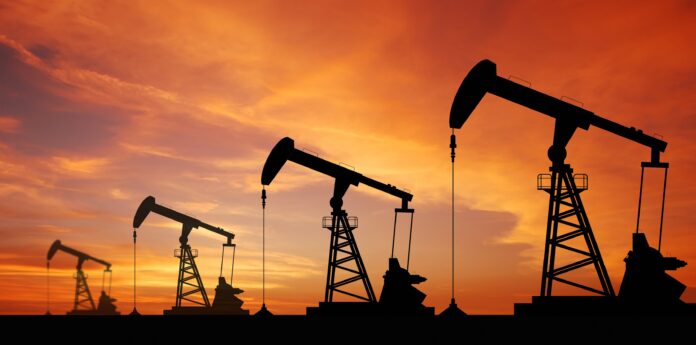In a move set to revolutionize the oil and gas sector, the government has officially amended the Refinery Policy 2023, ensuring a 10% tariff protection for existing oil refineries keen on upgrading their facilities. The policy, effective for seven years, is designed to enhance the production of petrol and diesel, adhering to Euro 5 fuel specifications.
Under the new amendments, refineries opting for the tariff protection are anticipated to witness a surge of up to $6 billion in investments for expanding their operations. The tariff collections will be securely deposited into an escrow account, allowing refineries to withdraw up to 27.5% of funds for plant upgrades.
As part of the expansion, these refineries are expected to double their diesel production capacity, subsequently reducing the nation’s dependence on fuel imports. This strategic move aligns with the government’s vision for achieving self-sufficiency in fuel production.
Refineries eligible for tariff protection can also withdraw funds from the joint escrow account for importing used plant, machinery, and equipment (PME) for upgrading their facilities. The withdrawal limit is set at 24.5% of the total project cost for refineries importing used PME and 27.5% for those opting for new PME.
Notably, Pakistan Refinery Limited (PRL) has already taken a significant step by signing an agreement with the Oil and Gas Regulatory Authority (Ogra) for capacity expansion, doubling its production from 50,000 barrels per day (bpd) to 100,000 bpd.
However, the journey towards this policy amendment was not without challenges. Other refineries raised concerns regarding spending from the escrow account and force majeure clauses. After prolonged negotiations, the caretaker government successfully addressed these issues, leading to the amendment of the policy.
The amended oil refining policy, approved by the cabinet on February 15, 2024, and officially notified on February 23, 2024, reflects the government’s responsiveness to the concerns raised by the refineries. The initial policy was introduced on August 17, 2023, and its recent adjustments aim to ensure the viability of proposed upgrading projects.
Adil Khattak, Chairman of the Oil Companies Advisory Council (OCAC) and CEO of Attock Refinery Limited, emphasized the significance of the policy, stating that it would enable refineries to undertake major upgrade projects, ensuring compliance with Euro 5 fuel specifications. He highlighted the potential increase in petrol and diesel production by 99% and 47%, respectively, contributing to substantial savings in foreign exchange.
The refineries’ modernization is expected to attract an investment of $5-6 billion, promoting cleaner, environmentally friendly fuels. Khattak lauded the caretaker government’s role in this achievement and expressed hope for the policy’s effective implementation.
The four-year-long policymaking process, initiated by Nadeem Babar and finalized under outgoing Energy Minister Muhammad Ali, involved extensive consultations with refineries, independent advisory firms, and regulatory bodies like Ogra and the Directorate General Oil.
In conclusion, the amendments to the Refinery Policy 2023 mark a crucial step towards achieving energy self-sufficiency, reducing reliance on imports, and fostering a more sustainable and economically viable future for Pakistan’s oil and gas sector.
